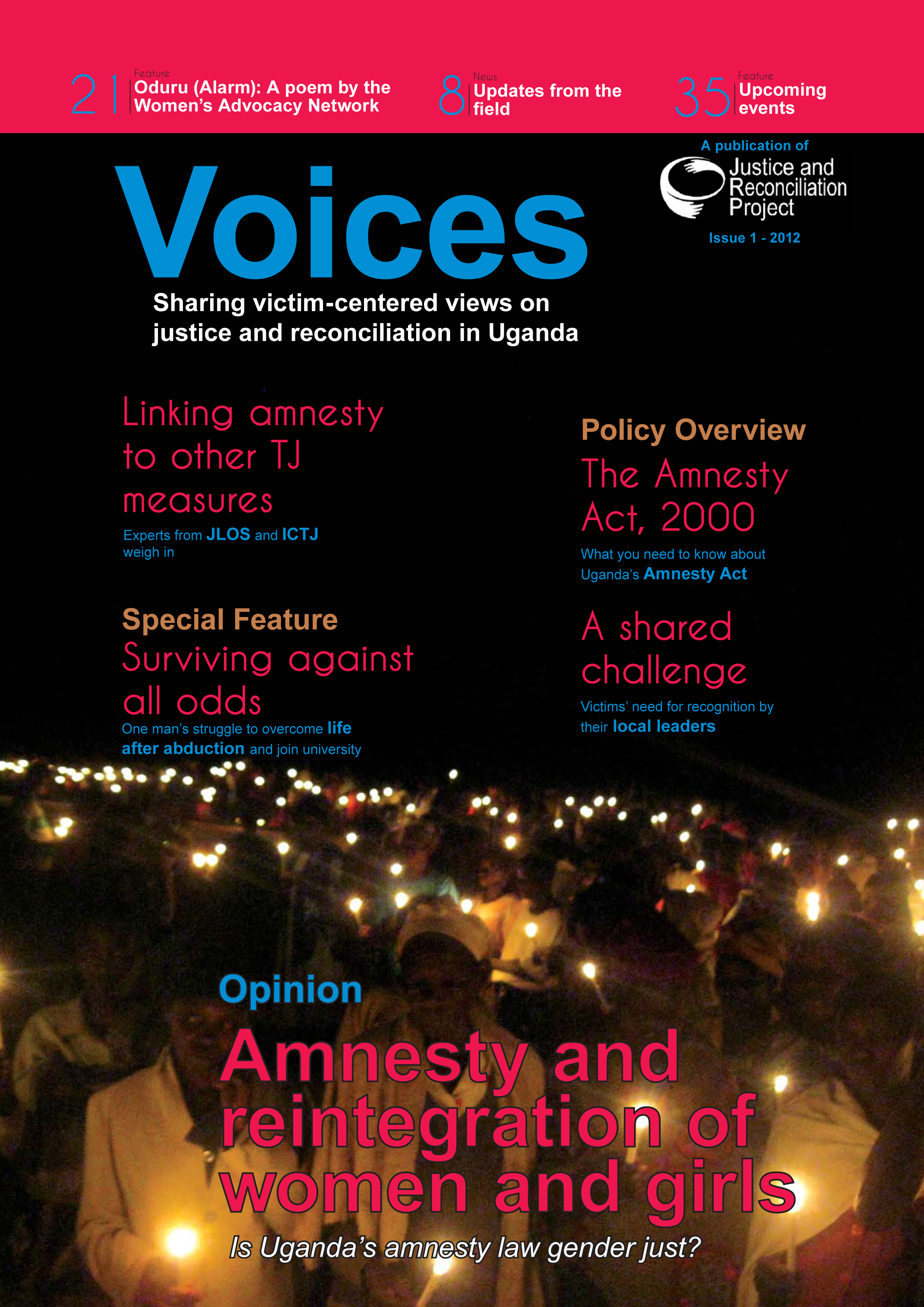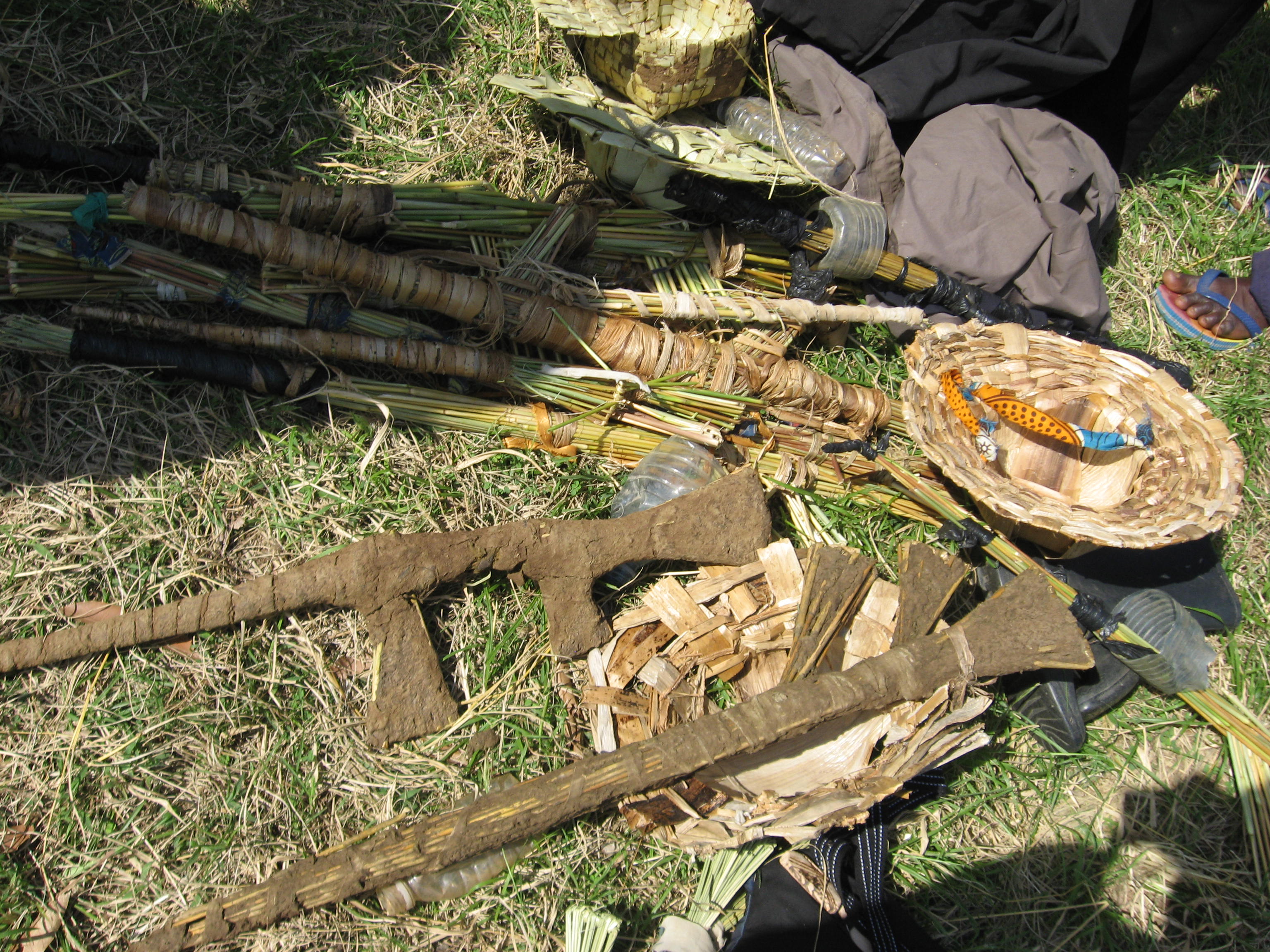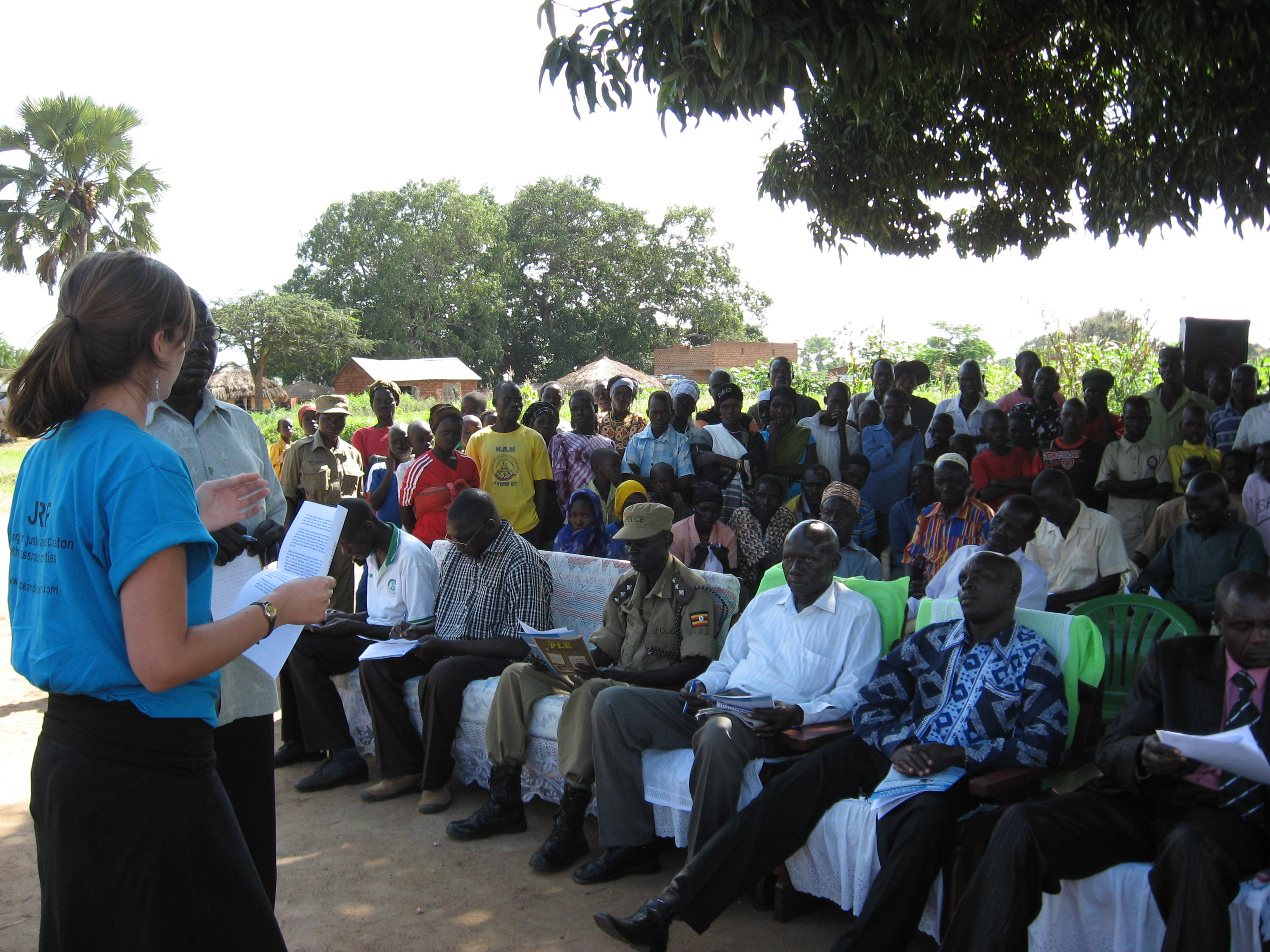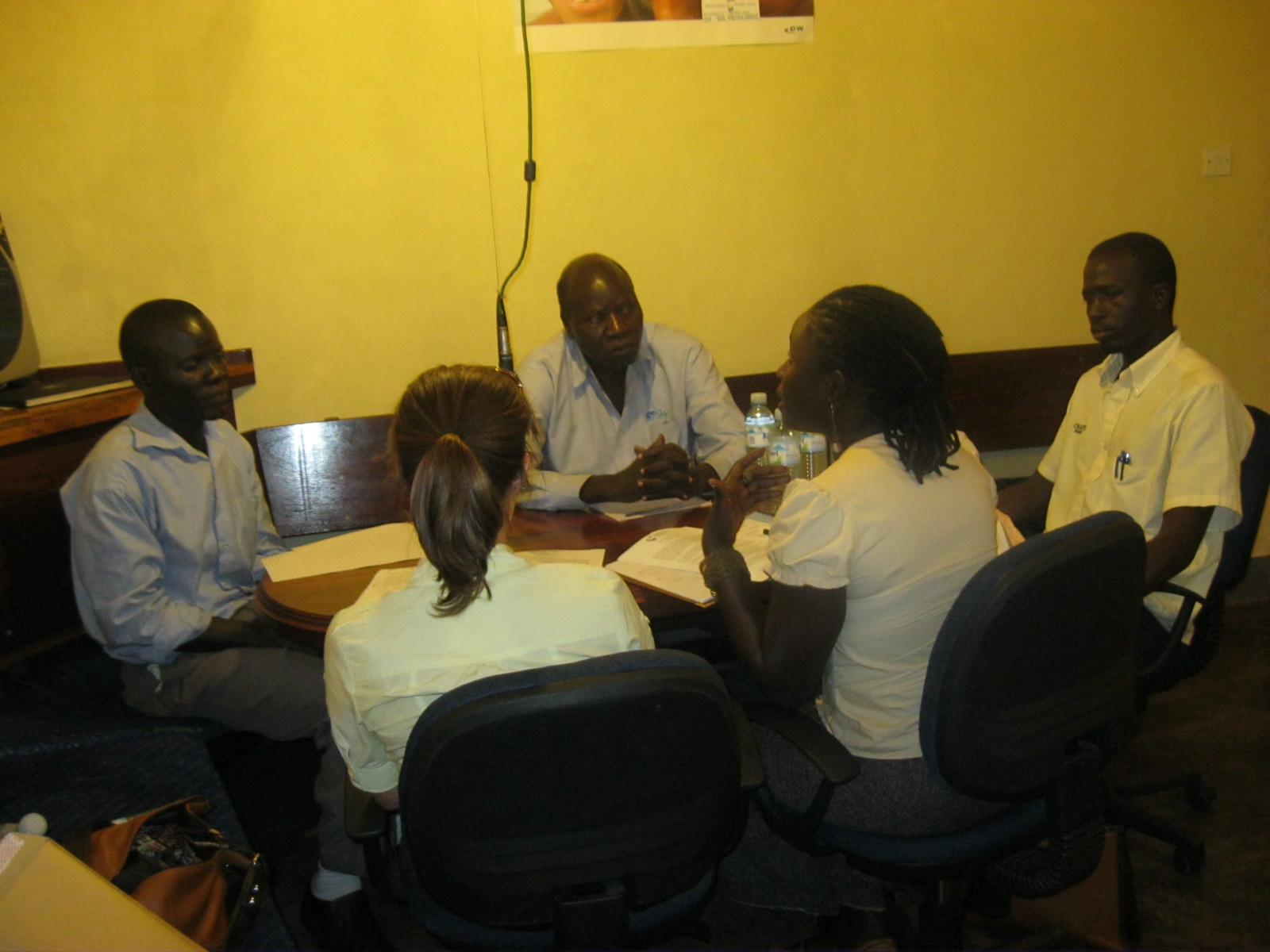JRP’s Community Mobilization and Communication Teams recently traveled to Arua in Uganda’s West Nile region to shoot footage for our Missing Person’s documentary. Although I am interning with the Gender Justice department, I am a trained filmmaker, so I joined them for the four hour—sometimes very bumpy—ride to Arua to shoot video footage.
Our first interviewee was a woman named Norah whose son, Neville, has been missing since September 19, 2002. He was traveling from Kampala to Arua to go shopping for his upcoming studies at Makerere University. The LRA attacked the Nile Coach Bus he was on and for nearly ten years, Norah has been searching for answers to find out the whereabouts of Neville. To this day, she still does not know if her son was killed as he was never identified as dead or abducted.
Although many victims are seeking compensation from the government for the loss of their family members—something that Norah should be entitled to, especially as she is a widow and Neville was the new breadwinner of the family—Norah told JRP that she only seeks answers about her son.
JRP also interviewed Emmanuel, one of Norah’s other sons. It was an emotional interview, with Emmanuel crying throughout most of the time he was on camera. Our hearts went out to him as he described how Neville was like a father figure and how he wishes he had gone missing instead. He continued to explain that he had a medical condition that made him ill, and that he cannot help the family financially. After the interview, Emmanuel was still crying, and we assured him that we would tell Neville’s story to the world.
We also talked to Scovia, one of Neville’s best friends. She said Neville was a kind person, and watched out for her when a group of teenage boys tried beating up some of the girls at her school. Neville warned them not to hurt Scovia and she fondly remembers how they never did. She recalls Neville’s sweet spirit and protective nature and continues waiting for the day when she can talk with him again.
A representative from Nile Coach Bus Company also graciously offered to speak to us, recalling the many times that the LRA attacked their busses. They had drivers killed, busses burnt, and friends injured during the attacks. The representative explained how he yearns for answers, too, and how the incidents greatly affected their business and personal lives.
As we journeyed back to Gulu, I couldn’t stop thinking about Neville, wondering where he is now. The pictures of him are still engrained in my mind—images of a tall, handsome young man, with intelligence and ambition ready to take on the world. People like Neville are the reason JRP continues the important work they are engaged in.
So we continue to seek justice, ask questions, and lift up the voices of those who need answers. We stand alongside Norah, Emmanuel, Scovia, and the Nile Bus Company, continuing to raise awareness about the situation, searching for answers. As we were leaving, Norah said, “I thank JRP because you are the one letting my voice be heard.” So we lift up her voice to the world, in honor of Neville and the many other people who are missing as a result of the conflict.







